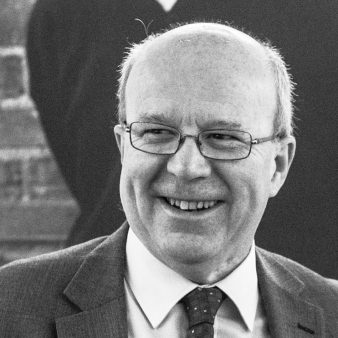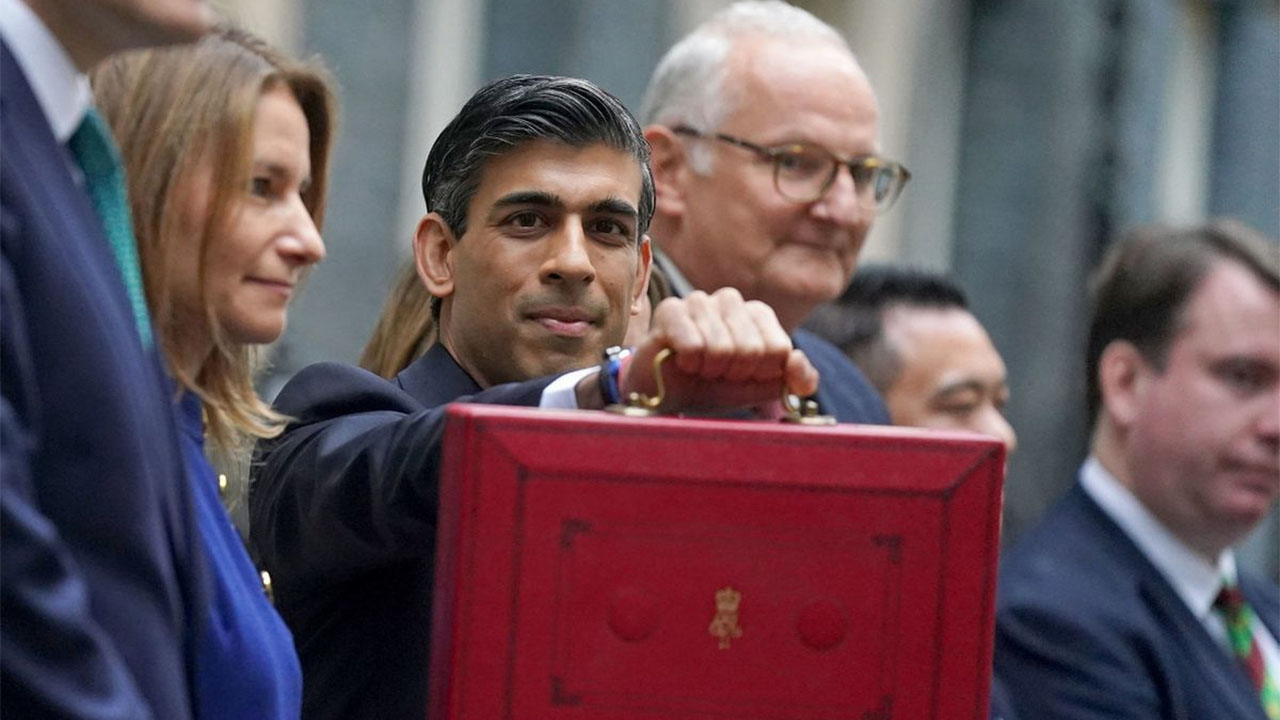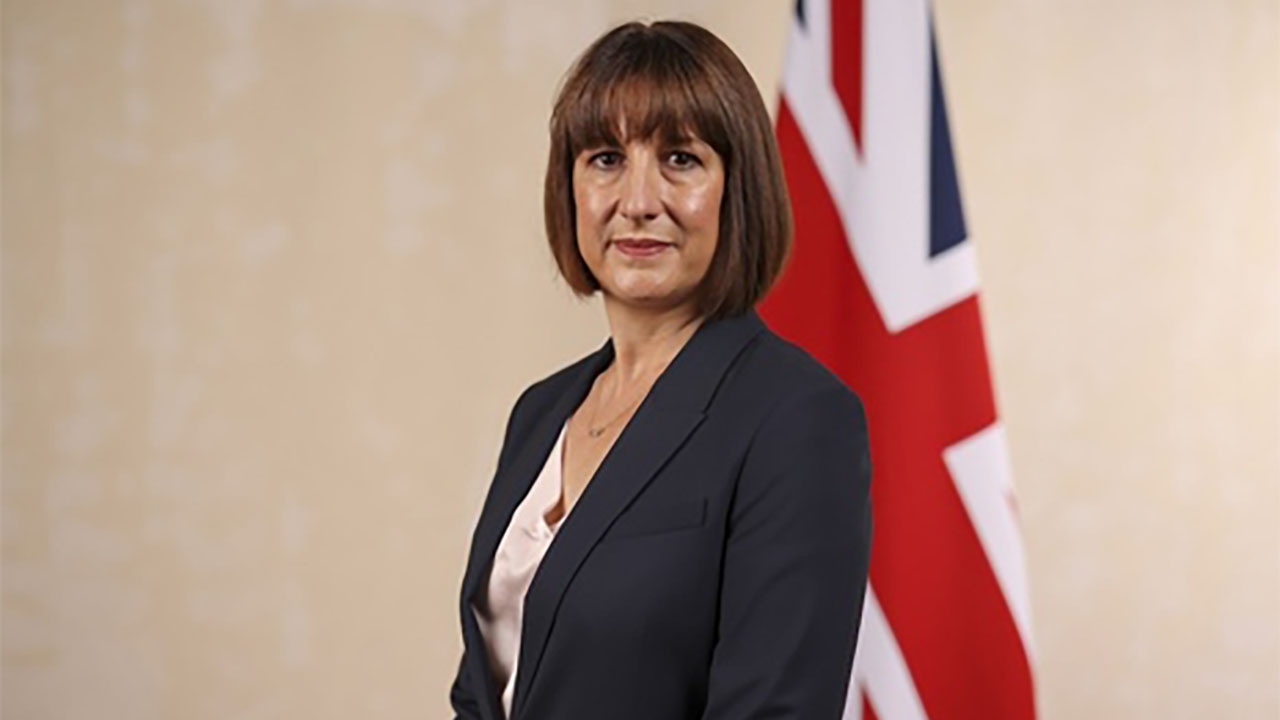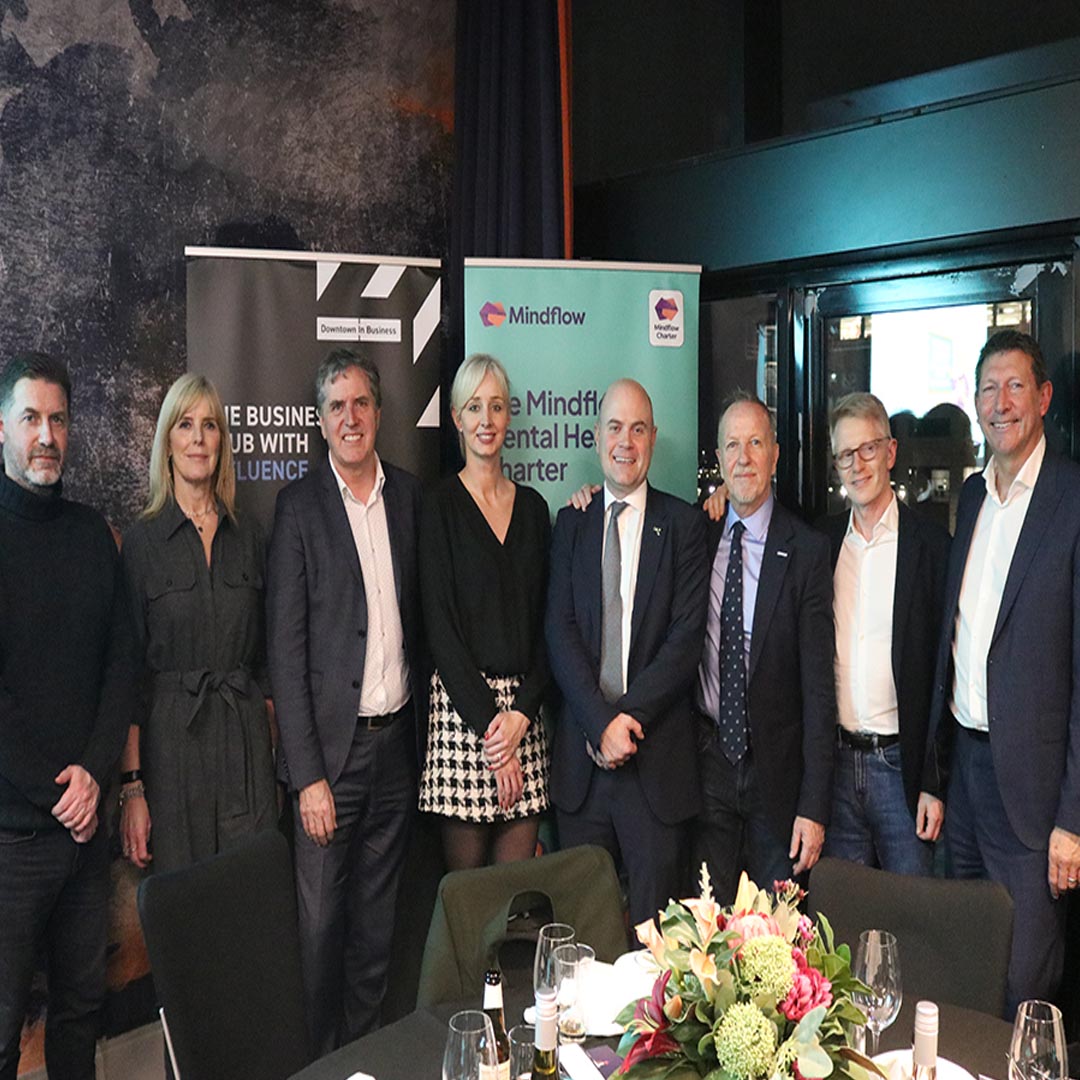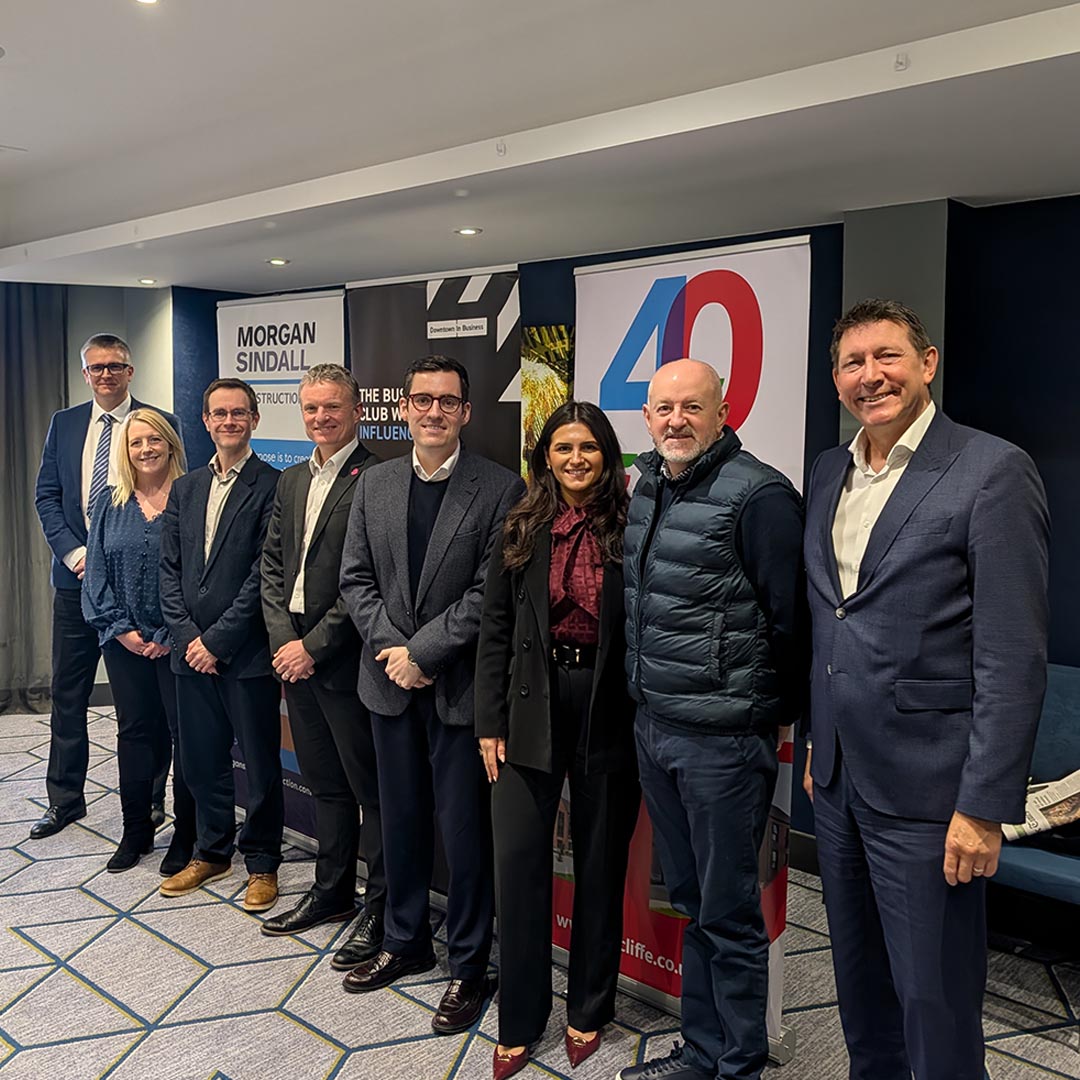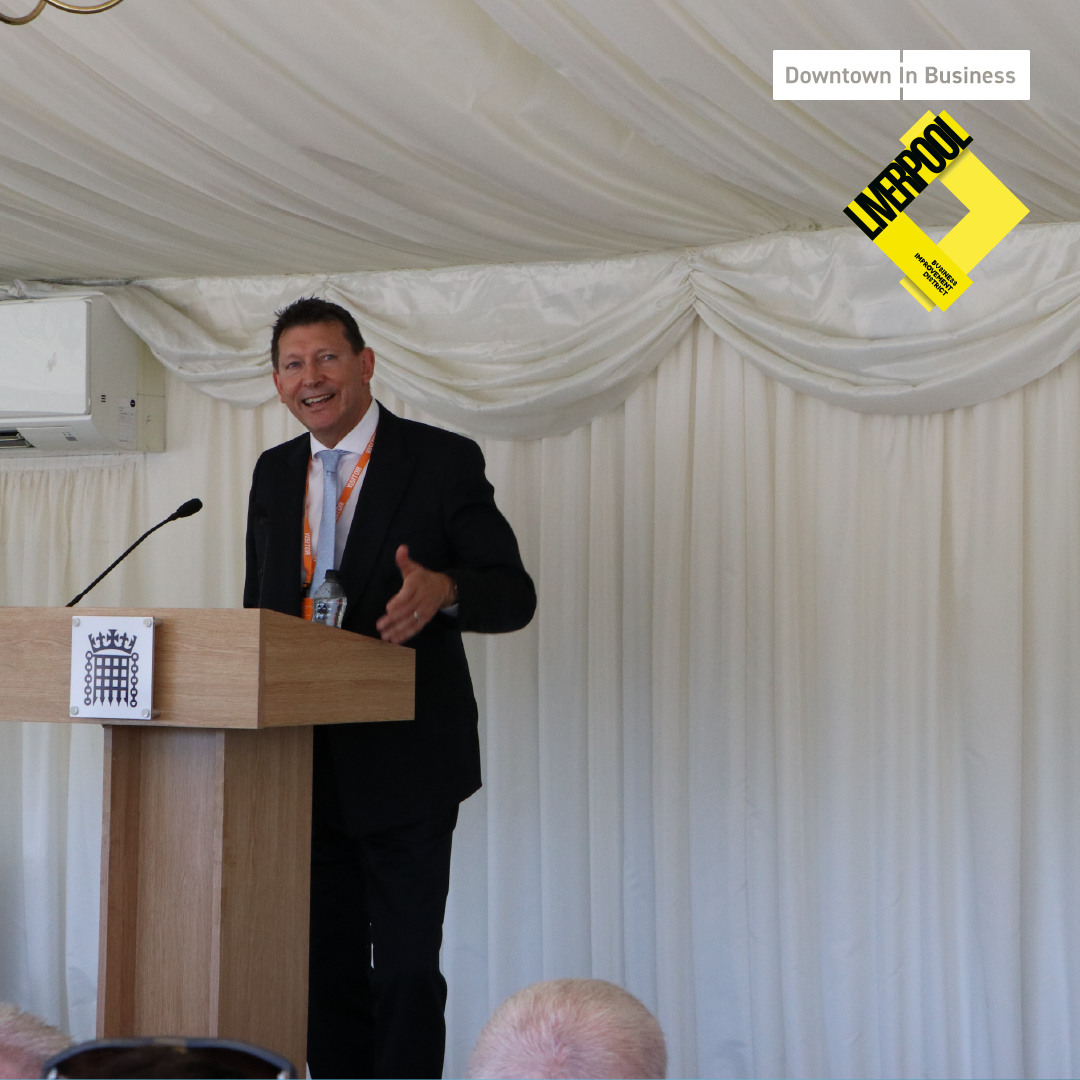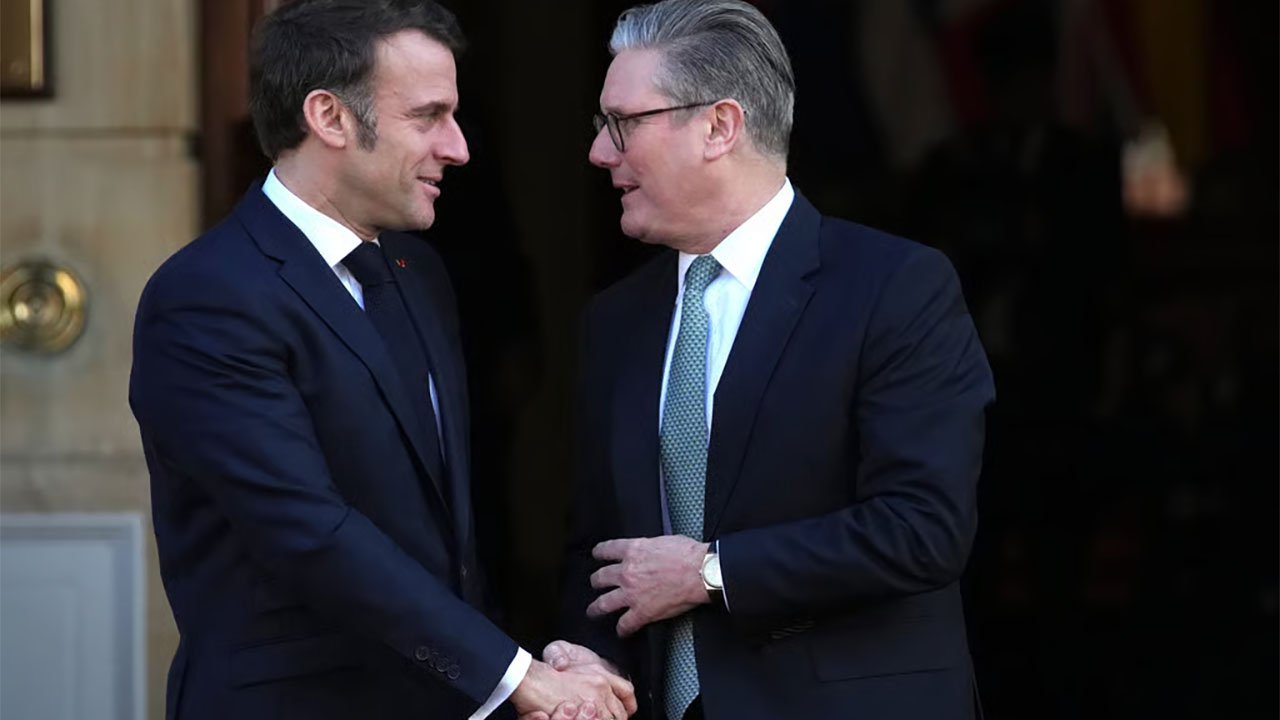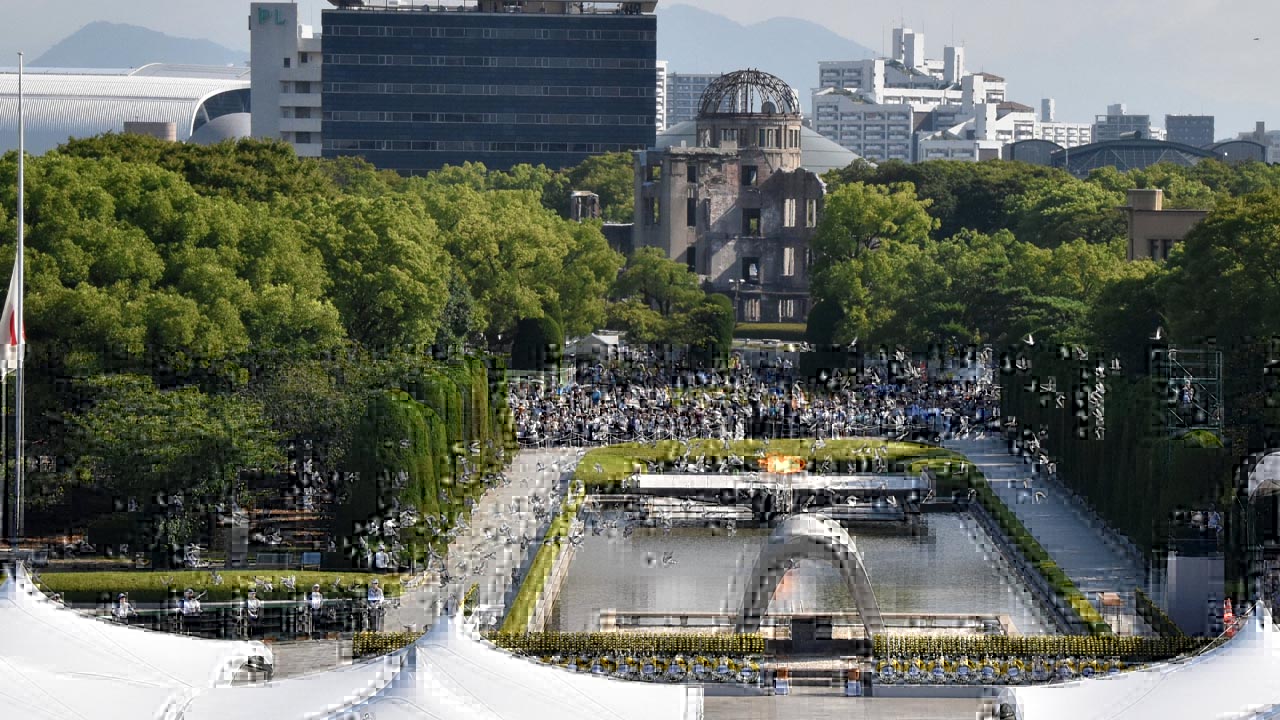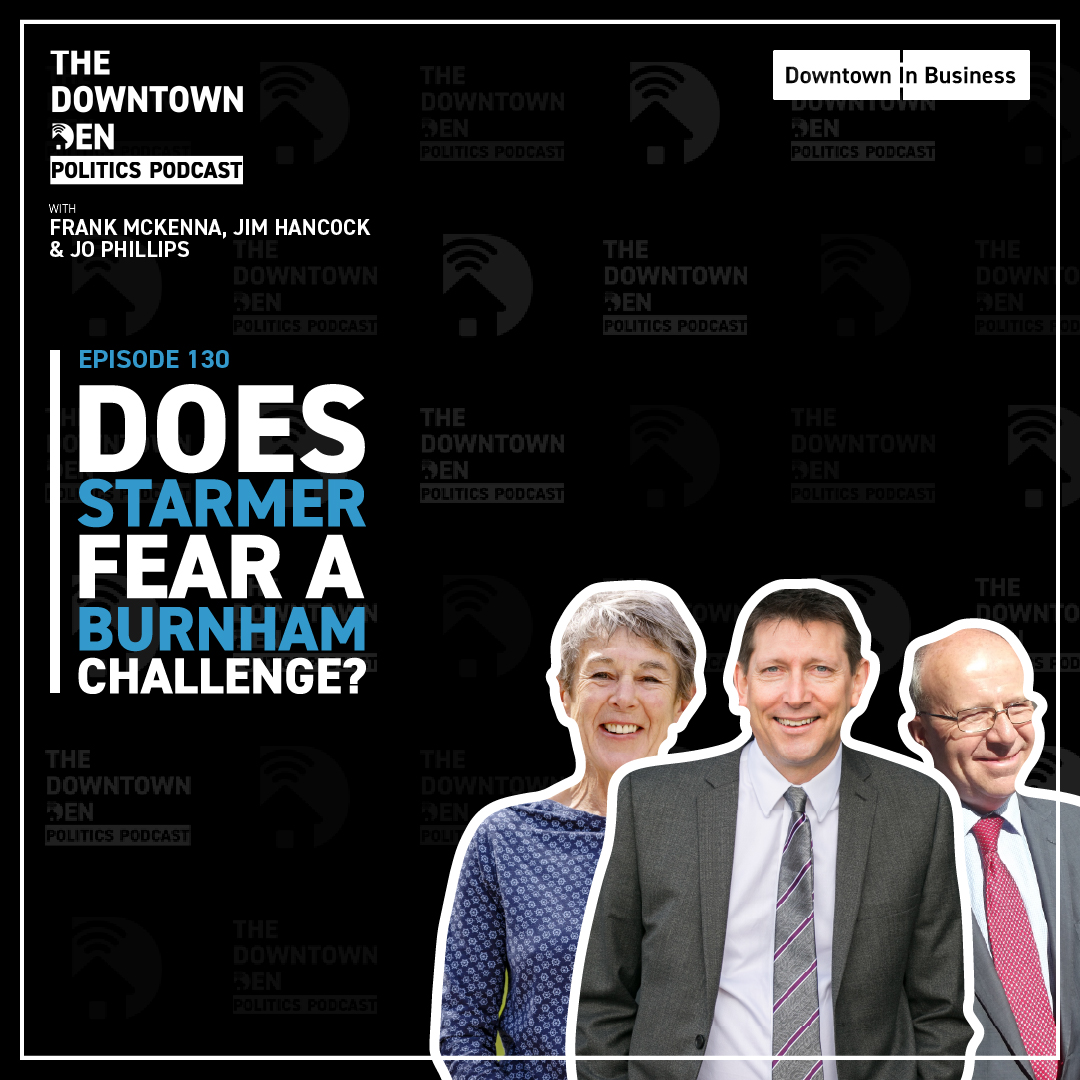THE POLITICS OF THE BUDGET
The Chancellor, and his shadow, were on top form on Budget Day. Rishi Sunak never stopped grinning as he breezed through his substantial statement. Optimism was the order of the day; headwinds would be dealt with.
Rachel Reeves did well too. Standing in at short notice for leader Sir Keir Starmer, she sought to prick Rishi’s balloon with a brilliant critique of the occupants of Nos 10 and 11 Downing Street. They were like a pair of muggers. While Johnson was distracting people with his madcap schemes, Sunak was stealing your wallet. She said we had a government of sleaze and waste (Test and Trace).
Despite doing well Reeves, and Labour, face a horrible job opposing a Tory Chancellor handing out the cash and promising that, despite the evidence staring everyone in the face, that he believes in low taxes.
Events could go in Labour’s direction. A tough winter of inflation, empty shelves, soaring energy costs and a near-collapse of the NHS could turn people against the boosterism of Boris and the overconfidence of Sunak. The Tories could face an angry voter backlash and growing unrest amongst many of their MPs who are secretly disturbed that the party has abandoned its belief in low taxes and a small state.
Most devastating of all would be an increase in interest rates. A 1% rise would cost the government £23bn.
No real increase in the standard of living is in prospect in the coming period.
However, over the last eleven years the Conservatives have had a knack of avoiding the pitfalls of electoral disaster. It has meant ruthlessly using the Lib Dems, then taking us out of the EU, and now feeling free to criticise past governments as if they haven’t been in charge since 2010.
THE MEASURES
Many of the Chancellor’s plans had been leaked in advance. A brazen discourtesy to the Commons and Speaker who is furious at announcements being made to the media before MPs.
Transport investment in the north was one of them, although this element of the levelling up programme has been so slow so far that people will believe it when it is actually easier to get between our great cities or get convenient buses at night and weekends.
The Chancellor spent money cleverly in the areas that are hurting most. Universal credit, the hospitality industry, pubs, moves to shore up the Union and more controversially the cost of petrol. Soaring prices at the pump meant it was impossible to end the 11-year freeze on fuel duty rises, but it isn’t a great look ahead of Cop 26. In fact, there was little mention of green measures, perhaps forecasting that the Glasgow conference is going to be difficult.
So, we come to business rates. The Chancellor was candid, he can’t do without the £25bn they raise and was sceptical about Labour’s plan to replace them. There were some measures of amelioration but the disparity between the cost of High Street properties and online business was not addressed. Sunak was less candid about one observation from the Office of Budget Responsibility. That was that Brexit would have a far greater impact on the economy than Covid.

